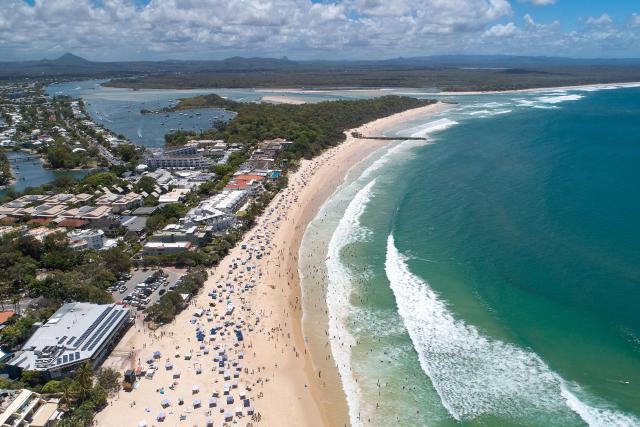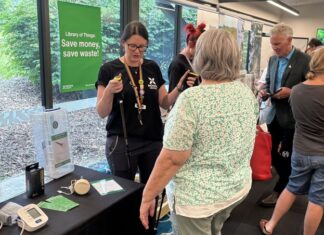Noosa Council’s Short-Stay Letting Local Law which came into effect on Tuesday 1 February is about protecting residential amenity for Noosa’s residents, not about stopping guests clapping, singing or cheering as reported by some media outlets, Mayor Clare Stewart said.
The law has been controversial in its creation and the response to it has already been mixed.
Sunshine Beach resident Julia Craddock questioned the costs of the new laws on ratepayers, doesn’t think the controls go far enough and wants short-term accommodation (STA) guests to follow the same rules as hotel guests.
“Cut through all the STA industry hysteria with one simple question. Can you do that in a hotel? And if the answer is no, then why the confected outrage?“ she said.
Glenn McLellan of Holiday Homes @ Noosa manages 65 STAs across the shire and believes the laws are ambiguous, unfair, open the doors to vexatious neighbours and will lead to a reduction in tourist accommodation, tourists and the benefits they bring to Noosa.
“If they tried to impose these laws on residents they’d be outraged,“ he said.
Mr McLellan said he was recently called to an STA when a neighbour complained about a barbecue held at 4pm. He arrived to find a regular family barbecue but the law provides no measures to gauge the situation and council required a response to the complaint or the property risked receiving a breach of its license.
He said he was not opposed to regulation but the real issue in Noosa has long been party houses and state government legislation already existed to police them.
“If guests have a party, I’m the first one over to boot them out,“ he said.
“In 10 years I’ve had two instances where people have really done the wrong thing and they got their marching orders. As a manager, if you don’t do the right thing by the owners, you lose the house.“
Mr McLellan said there were about 900 STA houses out of 26,000 residences in Noosa. He said most provided accommodation for families and are owned by investors whose goal is to eventually move to them.
He has employed two extra staff members and security patrols to deal with the new law but believes the outcome will be more empty houses used by owners a few weeks a year.
“They’re hellbent on scaling down the tourist trade in Noosa,“ he said.
“If there’s 30 per cent less tourist accommodation there’ll be 30 per cent less revenue. We all understand the benefits of Noosa’s $1.1 billion tourism industry. $300 million less will hit everyone in the pocket.“
However, Mayor Clare Stewart said the new Code of Conduct established basic ground rules and rather than ban activities, it requests that guests limit excessive or unreasonable noise.
“The local law also introduces minimum safety standards for properties that are short-term let or home hosted, to help protect guests in the absence of any regulation by the state government,“ she said.
Council has established a 24-hour complaints hotline (phone 5329 6466) and will trial the use of a security firm – contract currently being finalised – to monitor problem properties.
Cr Stewart said the hotline was among the tools residents overwhelming called for during two rounds of community consultation, which attracted more than 600 written submissions and involved a wide range of stakeholders, including residents and the industry.
The new local law will require owners to appoint a manager or contact person, with the complaints hotline number and approval number to be displayed on the front of the short-stay let property.
The contact person must be available 24/7, be located within 20km of the short-stay property and available to respond to complaints within 30 minutes.
The local law also introduces an approval for short-stay and home-hosted properties, renewed annually, with applications accepted from 1 February, and application fees waived until 30 June.
While New South Wales has introduced a state-wide framework, the Queensland Government shelved its plans for a state-wide approach, so Noosa Council has had to act in response to growing calls by Noosa residents for controls, Cr Stewart said.
Over the past six months Noosa Council received 66 complaints about short-stay properties.
“With the local law, we’re providing a local management framework, a code of conduct for guests, and an avenue for complaints – none of which exists currently,“ Cr Stewart said.
A multi-interest stakeholder group is to be established to review the local law after 12 months and report back to Council with recommendations.
Stayz corporate affairs director Eacham Curry believes short term lettings have a key role to play in Queensland’s economic recovery after the pandemic and urges Noosa Shire Council to lobby for a state-wide regulatory framework with compulsory registration of STAs, the creation of a mandatory short-term rental code and industry body established to resolve issues on amenity, noise and overcrowding.








